New Hampshire Democrats are cautiously optimistic the Democratic National Committee will reverse course and restore their state’s historic “first in the nation” presidential primary to its previous perch atop the party’s nominating calendar, a move that could impact the Republican contest as well.
For Democrats, re-sanctioning the primacy of the New Hampshire primary after a 2024 demotion forced by a DNC rules change virtually guarantees the state attracts a crowd of contenders and plays a central role in picking the party’s 2028 nominee. For Republicans, it ensures disaffected liberals and center-left independents aren’t discouraged from voting in the Democratic primary and tempted to participate in what could be a robust GOP race to succeed term-limited President Donald Trump.
Under state law, independents can vote in either party’s presidential primary. State regulations also make it easy for partisans to reregister and cross the aisle to participate in the opposing party’s contest, which happens from time to time in somewhat significant numbers if either the Democratic or Republican primary is uncontested. In a scenario where both primaries are contested, as is probable in 2028, partisan defections are less likely, which impacts the voting pool on each side and thus the outcome.
Approval of the Democratic calendar is still more than a year away and will be a product of a quadrennial rulemaking process—and heavy lobbying by competing DNC factions. For instance, South Carolina Democrats will no doubt push to remain host of the first primary, granted to them by last year’s schedule overhaul. But New Hampshire Democratic Party Chairman Ray Buckley is expressing confidence that DNC members will be receptive to his delegation’s restoration pitch.
“We’re feeling pretty good,” Buckley told The Dispatch in a telephone interview. “We obviously work very hard, year in and year out, behind the scenes.” Buckley, explaining his hopefulness, noted that DNC Chairman Ken Martin “has pledged that he will not put a thumb on the scale; every state will have equal opportunity to state their case.” Buckley also emphasized that this time around, New Hampshire Democrats won’t be fighting against an incumbent Democratic president determined to alter the party’s primary calendar.
“If it wasn’t for the White House,” Buckley said, “we would have been in fine shape.”
Buckley’s confidence, albeit hedged, is merited.
Late last month, potential 2028 contender and Illinois Gov. J.B. Pritzker—apparently undeterred by the current nominating calendar—headlined a New Hampshire Democratic Party fundraising gala long used by White House hopefuls to stoke presidential buzz. And generally, as history has proven from time to time, New Hampshire offers the Democratic Party (and the GOP) a way to offer upstart primary candidates without big war chests an avenue to compete with well-resourced, established contenders. Political insiders in both parties believe that’s a valuable commodity in an era when many voters are cynical and distrust institutions.
Ahead of last year’s presidential contest, the DNC at then-President Joe Biden’s direction upended the Democratic Party’s historic White House primary calendar. (The GOP left its early primary schedule as-is.)
The Iowa caucus lost its decades-long hold on the top spot while New Hampshire, host of the first traditional primary, was booted to second and scheduled for the same day as Nevada. Among the reasons for the change: complaints from grassroots liberals that states with ethnically diverse populations—the bulwark of the modern Democratic coalition—did not have enough influence in choosing the party’s nominee. Per census figures, Iowa is 89.6 percent white; New Hampshire is 92.5 percent white.
The New Hampshire Democratic Party held its 2024 primary first anyway, in accordance with a state law requiring the major party nominating contests be held before other primaries to preserve the Granite State’s unique function as presidential kingmaker in both parties. But Biden declined to put his name on the New Hampshire primary ballot and wouldn’t campaign there. Ultimately, this intraparty fracas didn’t impact the outcome of the primary, as Biden was an incumbent facing only token opposition to his renomination (and eventually dropped out of the race anyway).
But 2028 will feature an open primary, with possibly several Democrats competing for the right to take on Trump’s GOP successor. Regardless of what the DNC decides, New Hampshire will again follow state law and hold its primary “first.” That could result in the DNC slapping the state Democratic Party with stiff penalties, including possibly being stripped of its delegates to the national nominating convention.
Under that scenario, Democratic contenders might avoid New Hampshire and instead invest time and resources in early states where they can win delegates toward securing the nomination. Indeed, that’s what happened in the 2008 Democratic primary in Michigan after the state party there, ignoring DNC rules, scheduled its primary for earlier than the official calendar allowed. Barack Obama and John Edwards responded by pulling their names off the primary ballot, refusing to campaign there.
“There are a lot of Dems who are making touches here in New Hampshire,” Neil Levesque, executive director of the nonpartisan New Hampshire Institute of Politics at St. Anselm College, told The Dispatch in an email exchange. “It was clear that the DNC effort last time was all about Biden. They wanted to avoid having him campaign and skipping NH was part of that effort. Not this time. A candidate can skip New Hampshire in 2028 and watch their opponents win the primary. We will be first.”
The DNC did not respond to a request for comment.
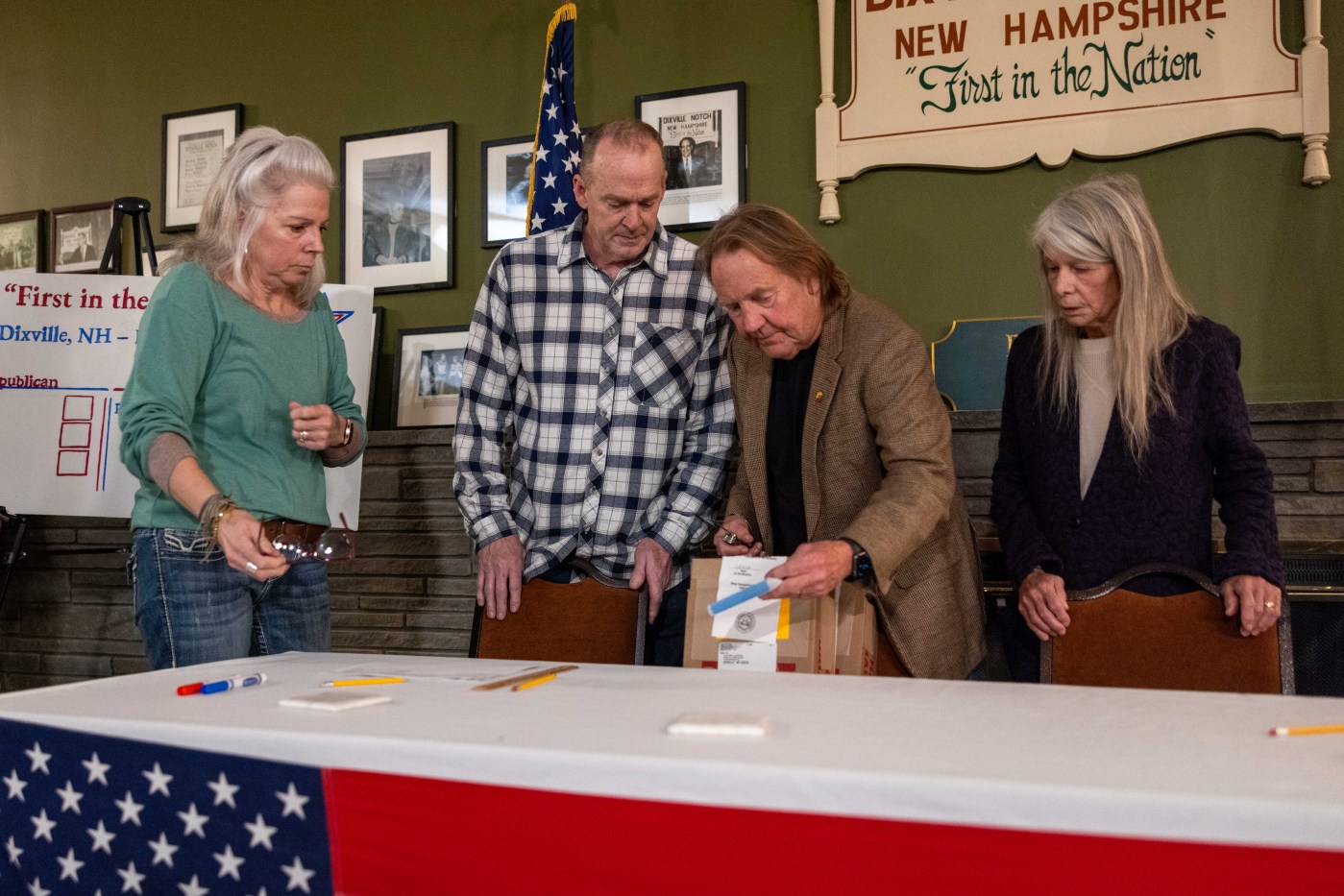


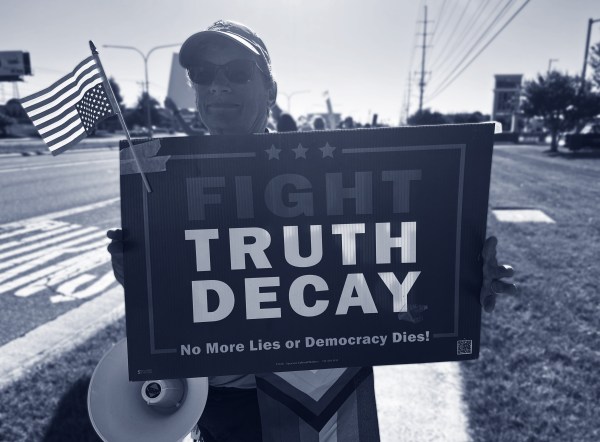
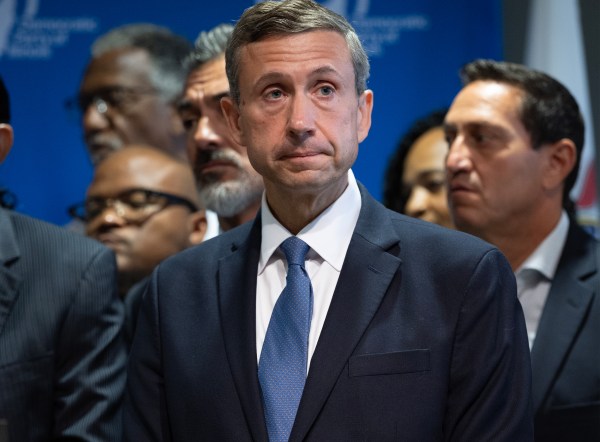
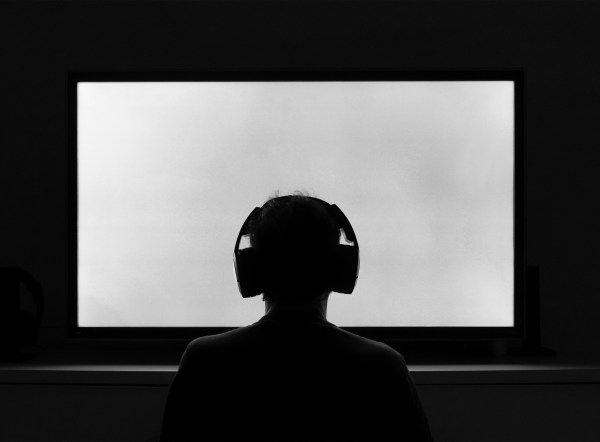
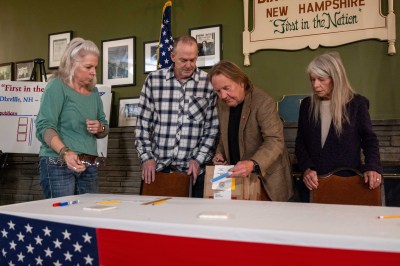
Please note that we at The Dispatch hold ourselves, our work, and our commenters to a higher standard than other places on the internet. We welcome comments that foster genuine debate or discussion—including comments critical of us or our work—but responses that include ad hominem attacks on fellow Dispatch members or are intended to stoke fear and anger may be moderated.
With your membership, you only have the ability to comment on The Morning Dispatch articles. Consider upgrading to join the conversation everywhere.